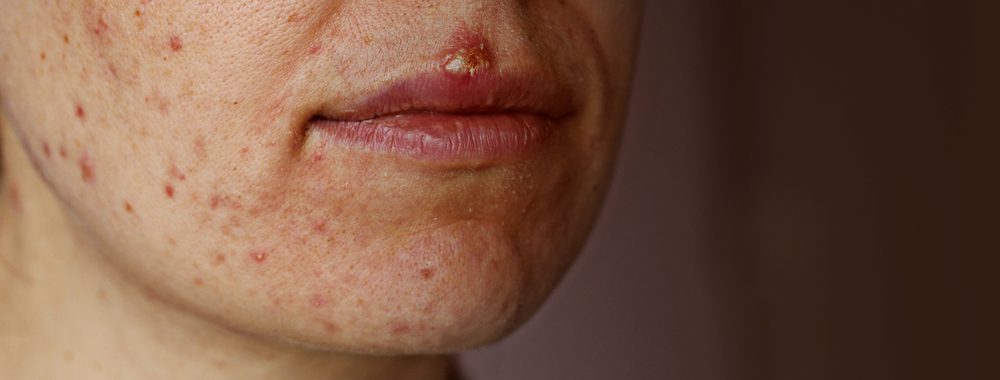Sunflower seed allergy is a very rare occurrence, but that doesn’t mean it never exists. It happens due to a specific substance present in the seed of a sunflower.
If you have an allergy to sunflower seed this article is especially for you. Our aim is to provide every single piece of information about this allergy for your guidance. Keep reading to learn more.
Sunflower seed allergy
Sunflower seed allergy is a food allergy and is caused by a key food allergen “Hel a 3”. It is a Lipid Transfer Protein that is found in many plants and is resistant to heat.
The allergy occurs when the immune system of a sensitive person identifies this protein as a harmful substance. According to an estimate, up to 15 million people are suffering from at least one food allergy. Out of these 15 million people, 6 million are children.
Here are eight foods account for 90 percent of all food allergies:
Allergy to seeds has less occurrence than tree nuts or peanut allergies.
Symptoms
The symptoms of sunflower seed allergy can range from mild to severe or anaphylaxis. Symptoms can occur immediately after consuming sunflower seeds or they may be delayed.
The symptoms are mostly similar to other allergies such as peanut allergies. These include:
- Itching and redness on the skin
- Itchy lips, mouth, tongue, or palate of the mouth
- Stomach pain
- Vomiting
- Allergic conjunctivitis
- Eczema
- Difficulty swallowing
- Anaphylaxis
Anaphylaxis is a very rare case that can be life-threatening, and you need immediate medical attention in this case. If you experience any of the symptoms after consuming sunflower grain, contact your doctor.


Causes
Allergic reaction to sunflower seed is usually caused by the allergen present in the seed. It includes the following allergens:
- Hel a 1, a major allergen
- Hel a 2, profilin
- Hel a 3, a lipid transfer protein (LTP)
The allergy usually occurs when our immune system considers any of these substances present in the seed harmful to the body.
Cross-reactivity
You may experience cross-reactivity with other food that has protein similar to sunflower seed. There are different foods that contain lipid transfer protein and profilin.
So, if you have a sunflower seed allergy, you may be allergic to these foods containing specific protein. Some of them are:
- Strawberries
- Banana
- Cabbage
- Pomegranate
- Peanut
- Soybeans
- Walnut
- Hazelnut
We didn’t mention all the foods in this list; however, you can search for them separately.
Diagnosis
If you experience any of the above mentioned symptoms, contact an Allergist for diagnosis. He will perform a physical test and ask about your medical history.
Besides, he may perform a specific IgE blood test or a skin prick test to identify allergens.
He may ask you about your family history, if any of your family members has a specific allergy you may also be susceptible to it. After the diagnosis, if you are allergic to sunflower seeds. He will give you medical advice and prescribe medication according to the severity of the allergy.
How to treat Sunflower Seed Allergy?
If you do have an allergy to sunflower seed, your doctor might advise you to carry epinephrine. EpiPen is an auto-injector used as an emergency treatment for anaphylaxis or life-threatening allergic reactions.
Moreover, in most severe cases he will give you allergy shots, but these are rare conditions. Read about Diprospan for allergies.
Avoidance
Managing a food allergy is very difficult, and currently, there is no cure exists for them. Strict avoidance is recommended to grow out of your allergy.
Allergy may occur due to direct contact or even inhalation in the pollen of specific food. If you have an allergic reaction to sunflower, you should avoid products that include sunflower oil or seed. These are:
- Sunflower Butter
- Cooking Oils
- Sunflower seeds
- Beauty Products
- Birdseed
Read the labels and check the ingredients of the products carefully before using them.
Conclusion
Sunflower seed allergy is a food allergy and occurs very rarely. They are less common than other allergies such as peanut allergies or tree nut allergies. If you suspect that you have any symptoms, contact your allergist for immediate medical help.
Note: This article is just for informational purposes, so, before applying it, make sure to inform your doctor. For any additional questions feel free to contact us without any hesitation. Hope this article was helpful to you, thanks for reading, and stay healthy.







